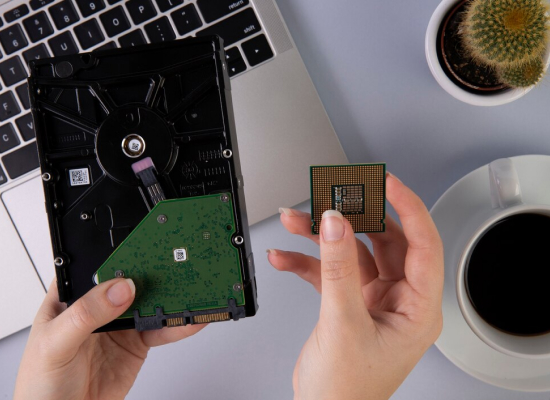According to the Social Security Administration (SSA), there are two types of disability benefits: Social Security Disability Insurance (SSDI or SSD) and Supplemental Security Income (SSI). Both programs are designed to provide supplemental income to individuals who are unable to work due to a medical disability or long-term injury. However, they are very different and it can be difficult to understand which applies to your particular case. Before filing for either of these two benefits, it is important that you understand the differences between the two. Here at AMA Law, our social security attorneys are committed to making sure you understand your rights and which benefits you are eligible for.
The entire process of applying for social security benefits – of any kind – can be overwhelming for many and complex. Oftentimes, social security disability claims are denied, and when this happens even after reconsideration, it can be very discouraging. While you may feel like your options and luck has run out, this is not the case. Another attempt can be made through a hearing with an Administrative Law Judge (ALJ), which is where we come in. If your social security disability benefits have been denied, or if you would like to learn more about the difference between SSD and SSI benefits, contact an attorney from AMA Law.
The Differences Between SSD and SSI
Let’s now take a brief look at some of the main differences between SSD and SSI as they pertain to particular categories and concerns:
- Work – SSD is typically intended for people who have worked in the past and paid into the program for a specific amount of time. On the other hand, SSI is for those who have either never worked or have not worked long enough to meet the SSD work requirement.
- Income – One important distinction between SSD and SSI is that SSI is a need-based program. This means that any given applicant’s income and assets are taken into consideration. In order to qualify for SSI, a disabled person must have less than $2,000 in assets. On the other hand, SSD benefits do not require this at all.
- Funding – SSI is funded by general fyn taxes while SSD is funded by payroll taxes.
- Payment – When it comes to payment, SSD payments are determined by how much an individual has paid into the program, whereas SSI payments are usually lower and based on need.
- Dependents – Unfortunately, SSI does not cover spouses or dependents. However, SSD does cover both. This means that a person on SSI who has a child or is married will not see an increase in their payment, whereas someone on SSD will receive a large payment to help with the expenses for each dependent.
- Health Insurance – Individuals who are on SSI are eligible for Medicaid in their state of residence. People on SSD will receive Medicare.
These are the main differences between social security disability and supplemental security income. Both of these programs are designed to help disabled people, however, it can be complicated to determine which is the best program for you, and which you are eligible for. To learn more about your options or if you need assistance fighting a social security disability denial, contact our Oklahoma law firm.
